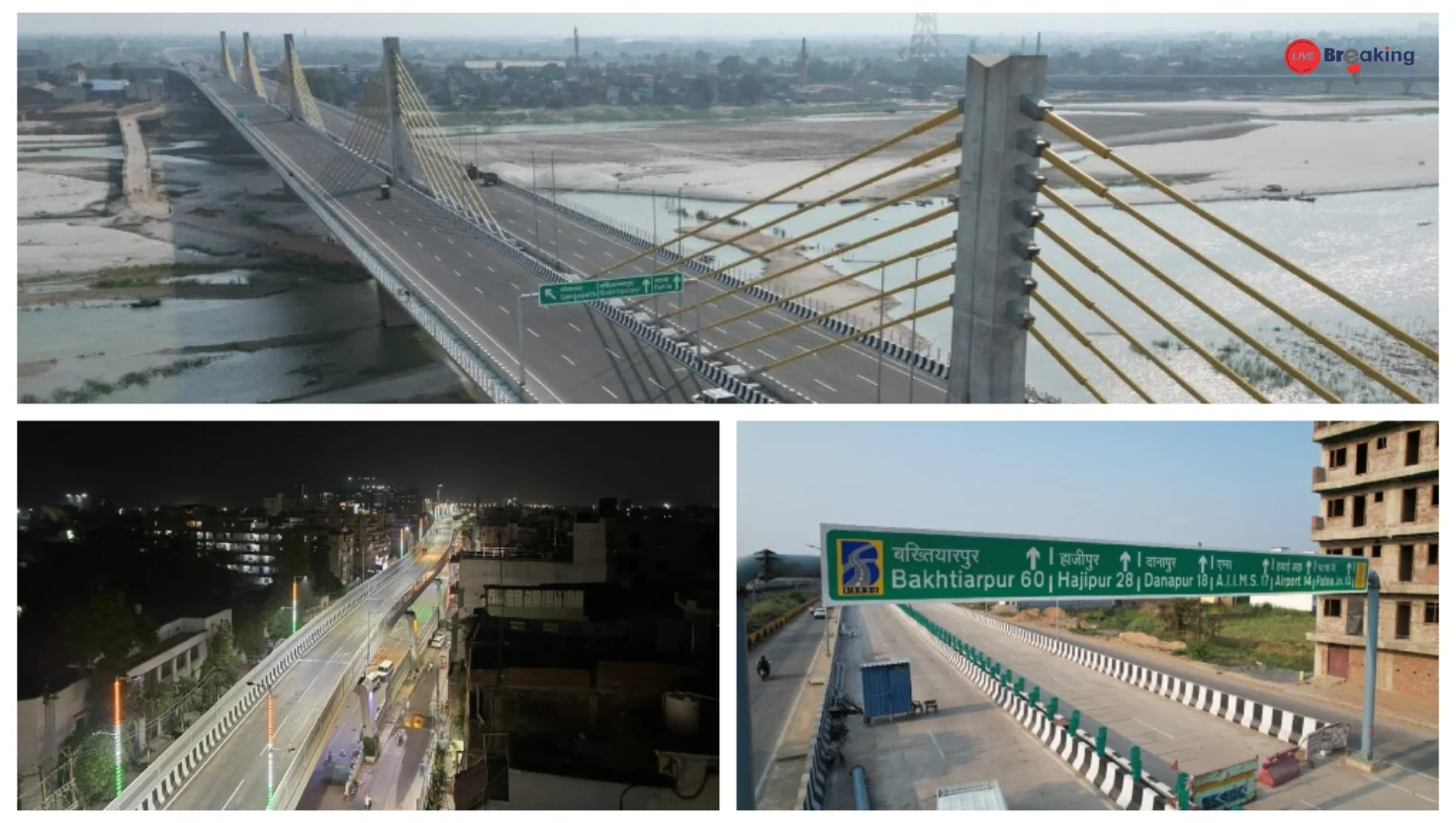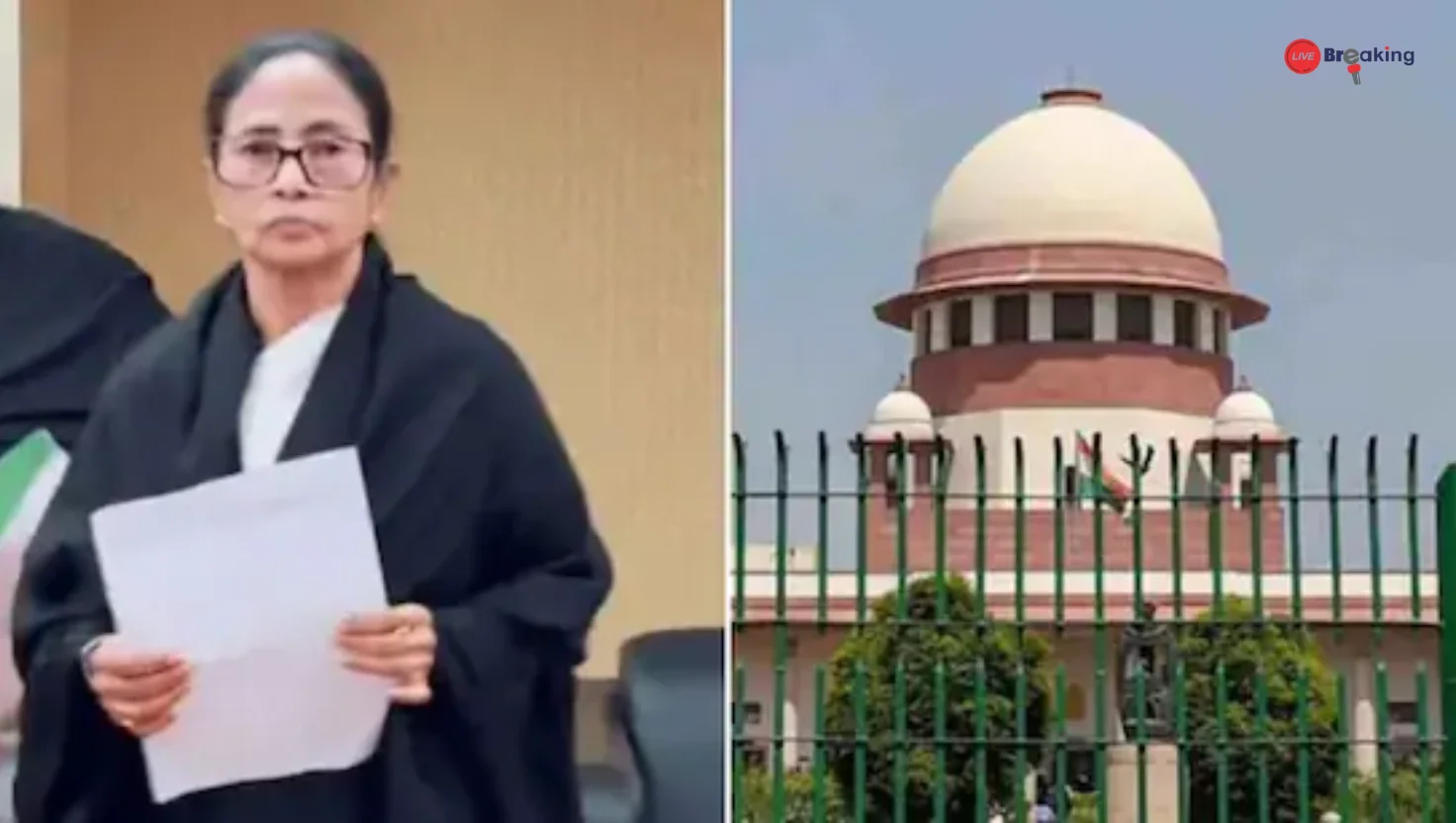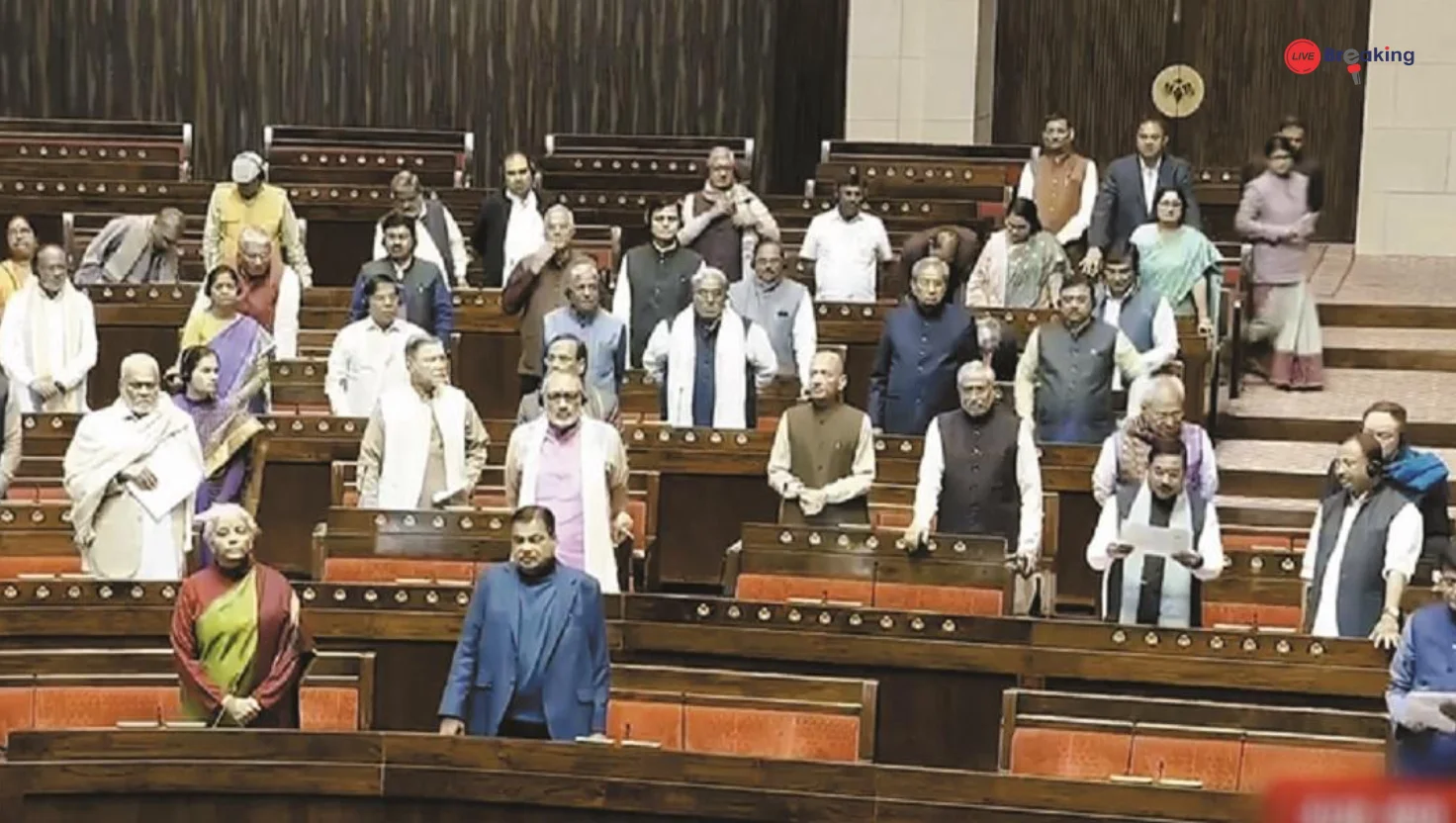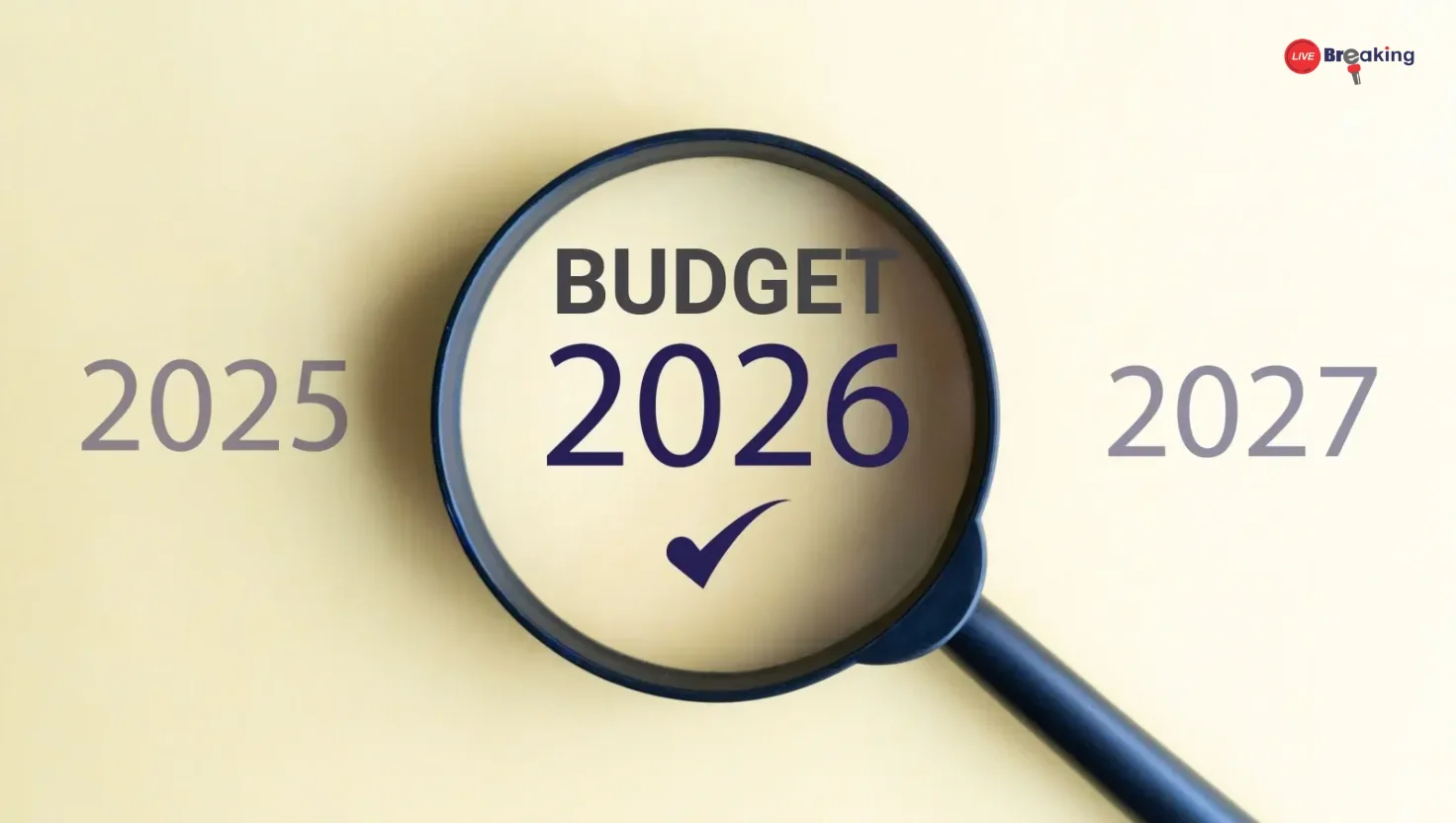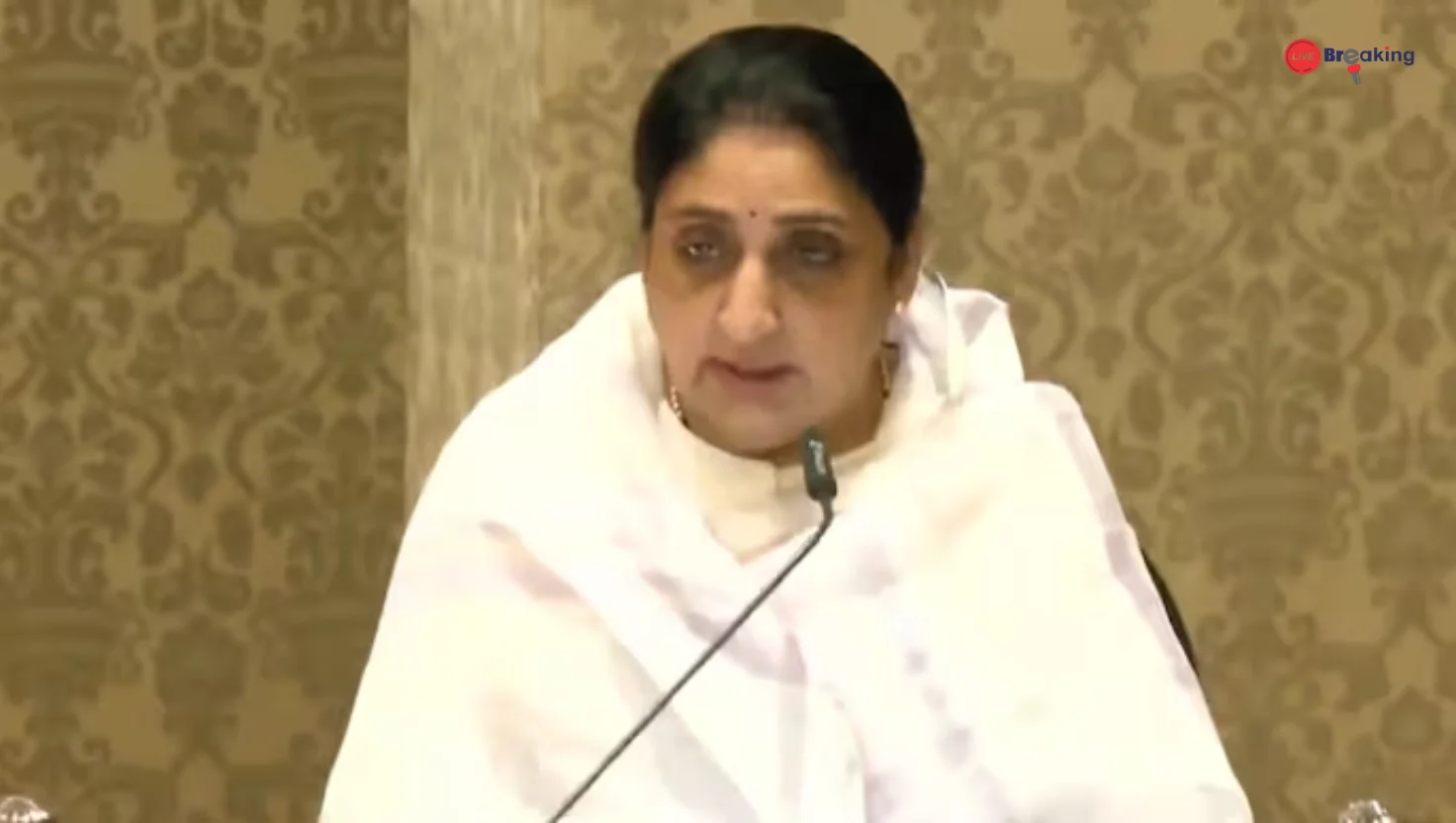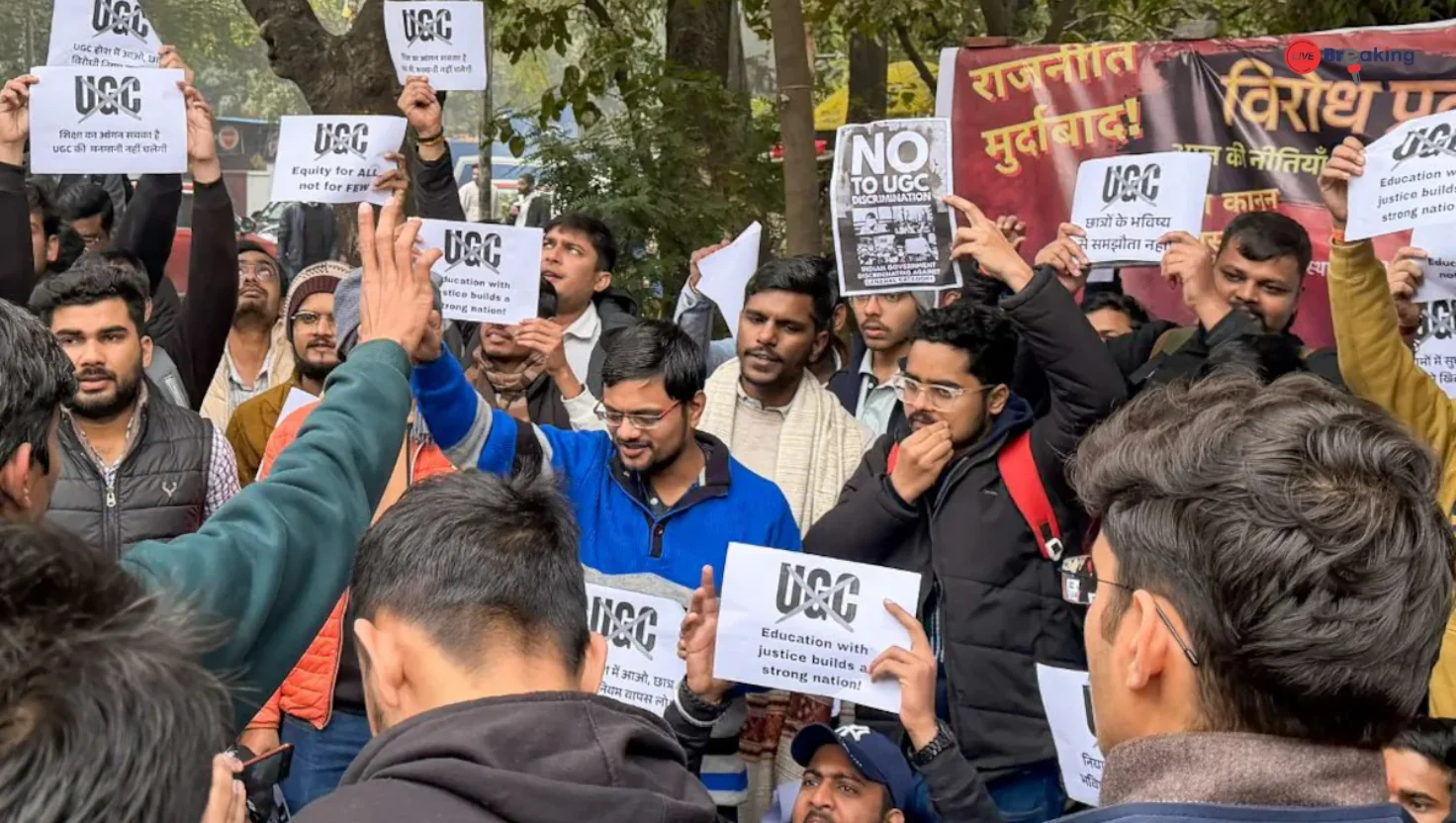‘Badalta Patna’? New Airport & Ganga Bridge After 7 Decades,
Patna, the capital city of Bihar, is undergoing what many are calling a long-overdue transformation. After nearly seven decades of infrastructural stagnation, the city is finally witnessing a wave of development—most notably the construction of a new airport terminal and a modern Ganga bridge that promises to ease traffic woes and improve connectivity. These projects symbolize a new era for Patna, often dubbed “Badalta Patna” (Changing Patna), offering hope for a brighter, more progressive future.
However, beneath the gleaming surface of progress, the city continues to battle an old nemesis—crime. Despite the significant infrastructure push, Patna’s headlines remain dominated by reports of daylight robberies, chain snatchings, political clashes, and rising gang violence. The paradox between growth and governance is hard to ignore, raising pressing questions about the true pace and nature of change in the city.
Development Milestones: A New Chapter for Patna
The newly inaugurated terminal at the Patna Airport is a landmark achievement. Designed to handle a larger volume of passengers with modern amenities, the terminal is a significant upgrade for a city that has long struggled with an overburdened and outdated airport. It signals Bihar’s intent to plug itself into the national growth narrative.
Equally significant is the construction of the new six-lane bridge over the Ganga river, expected to decongest traffic and reduce travel time between north and south Bihar. It’s the kind of project locals have awaited for decades—finally linking communities, easing logistics, and encouraging economic activity.
Chief Minister Nitish Kumar and the state government have touted these projects as proof of Bihar’s progress, aiming to rebrand the state as a destination of development rather than underdevelopment.
Crime Casts a Long Shadow
But even as bulldozers build and cranes rise, Patna’s law and order situation continues to spiral. In recent months, the city has witnessed a disturbing surge in crime—ranging from contract killings to property disputes turning violent, and petty theft turning into organized rackets.
Business owners, women, and daily commuters report feeling unsafe, especially during evening hours. The police have made high-profile arrests and increased patrols in sensitive areas, but critics argue these measures are reactionary, not preventive.
Read more: Congress Marks One Year Of Rahul Gandhi As LoP, But It’s Priyanka Who Stole The Spotlight
Local activists and opposition leaders have accused the administration of focusing too heavily on optics, while neglecting the pressing issue of law enforcement and public safety. “Flyovers and airports can’t mask the fear people feel every day,” said a senior Congress leader.
A City at the Crossroads
For citizens of Patna, the emotions are mixed. There’s genuine pride in seeing their city get long-awaited infrastructure upgrades, but there’s also frustration that basic issues like safety and justice remain unresolved.
Urban planners argue that real transformation requires a multi-pronged approach—where infrastructure, education, healthcare, and policing work in harmony. Without this, development may remain superficial, unable to address the lived realities of the people.
Conclusion
“Badalta Patna” is a slogan that carries hope. The new airport terminal and the Ganga bridge mark a visible shift in priorities and aspirations. Yet, as long as crime continues to dominate daily life and headlines, the promise of a truly transformed Patna will remain incomplete. The road ahead demands not just construction, but also conviction to restore law, order, and confidence in the city’s future.
Register at Live Breaking to never miss out on videos, celeb interviews, and best reads.

